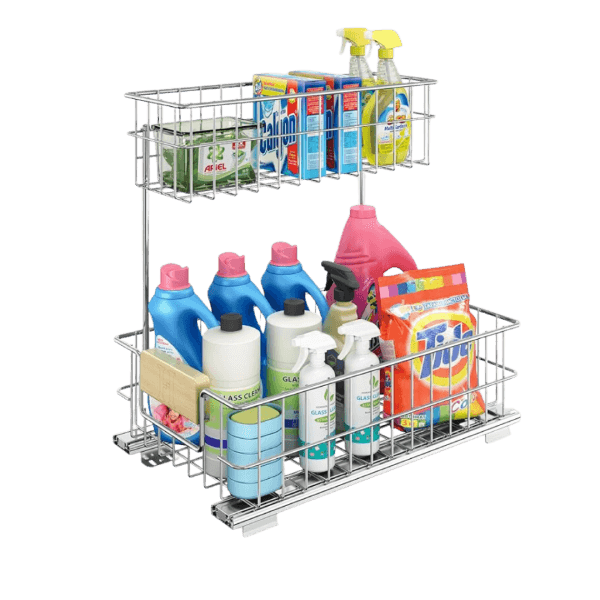The Pap smear is a simple test that has helped save millions of lives. It’s an important tool in detecting and preventing cervical cancer, so it’s important to understand who should have a Pap smear, when they should get one, and how often. Let’s take a look at the guidelines for receiving the test.
Who Can Have a Pap Smear?
The American College of Obstetricians and Gynecologists (ACOG) recommends that all women ages 21 to 65 receive regular Pap smears. This applies to all women regardless of sexual orientation or gender identity. Women under the age of 21 may also need to receive a Pap smear if they have certain risk factors such as presence of HPV (Human Papillomavirus), prior history of abnormal Pap smears, or other conditions related to their reproductive system.
When Should You Have a Pap Smear?
For most women, ACOG recommends having your first pap smear at age 21. After that, you should receive one every three years unless you have certain risk factors that require more frequent testing. If you are over the age of 30, you may qualify for less frequent testing if you have had three consecutive normal tests. Talk with your health care provider about what’s right for you based on your medical history and risk factors.
For adolescents aged 13-21 who are sexually active, ACOG recommends co-testing with both HPV testing and cytopathology every 3 years starting at age 21. Depending on their individual risk factors, some teens may need to start testing earlier than 21 or be tested more frequently. Your healthcare provider can help decide what’s right for you or your teen based on specific risk factors.
When Do You Not Need A Pap Smear?
If you are over 65 years old and have had 3 consecutive normal tests within the last 10 years with no abnormal results in between those tests then you do not need annual pap smears anymore.*That being said, if you have any signs or symptoms suggestive of abnormal cells like bleeding after sex or postmenopausal bleeding then it is recommended that you talk with your health care provider about getting further testing done even if it has been more than 10 years since your last pap smear. Additionally, if you have received an HPV vaccine then it is still recommended that these guidelines above apply to ensure cervical cancer prevention.* *This does not apply to those who are immunocompromised due to HIV/AIDS diagnosis or other immunosuppressive therapies like chemotherapy or radiation treatments which would require more frequent testing regardless of age or number of consecutive normal results previously obtained.
A pap smear is an important tool in detecting and preventing cervical cancer—but understanding when and how often to get one can be confusing! Fortunately, there are clear guidelines from ACOG regarding who needs them and when they should receive them depending on their individual circumstances; this ensures better overall health care outcomes across all demographics! If any questions arise about whether a woman needs a pap smear or not—particularly teens—it’s best to speak with her healthcare provider before making any decisions about screening protocols going forward!















